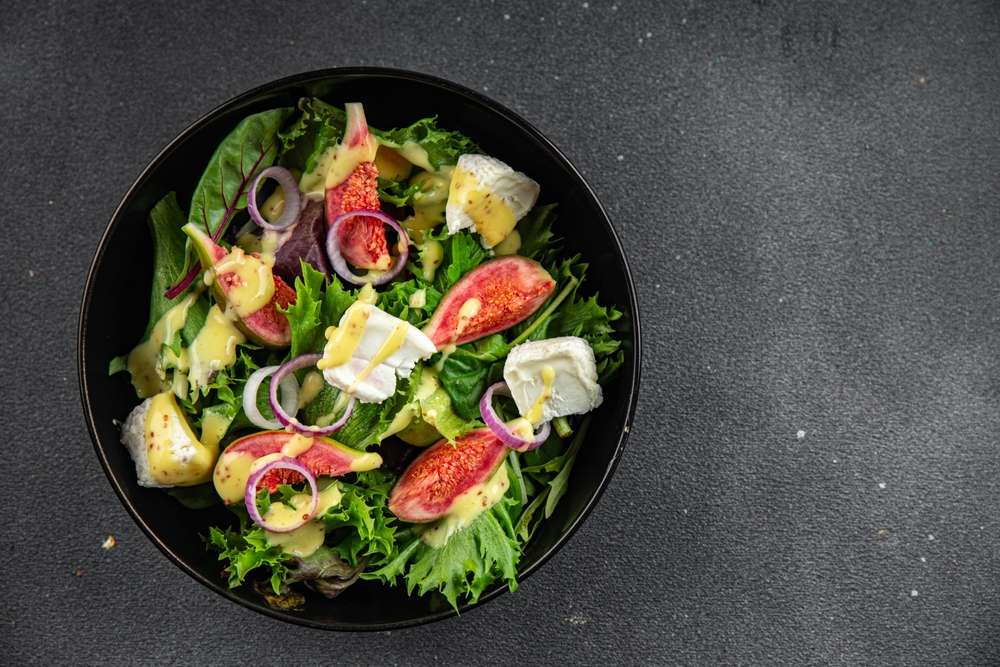Calcium-Rich Foods for Strong Bones and Healthy Development
Calcium-rich foods play a key role in maintaining strong bones and overall skeletal health. Dairy products, leafy greens, fortified plant-based milks, and certain nuts and seeds provide essential calcium, supporting bone density and helping reduce the risk of fractures and osteoporosis over time.

Understanding Calcium-Rich Foods for Strong Bones
Calcium serves as the primary building block for bone tissue, with approximately 99% of the body’s calcium stored in bones and teeth. Adults need between 1,000 to 1,200 milligrams of calcium daily, depending on age and gender. Dairy products like milk, yogurt, and cheese remain excellent calcium sources, providing roughly 300 milligrams per serving. However, fortified plant-based alternatives such as almond milk, soy milk, and oat milk can offer comparable amounts when enriched with calcium carbonate.
Dark leafy greens present another valuable category of calcium-rich foods. Kale, collard greens, bok choy, and broccoli contain bioavailable calcium that the body can readily absorb. One cup of cooked collard greens provides approximately 268 milligrams of calcium, while a cup of cooked kale offers about 177 milligrams.
Foods That Boost Bone Health Naturally
Beyond calcium content, certain foods provide additional nutrients that support bone health through various mechanisms. Canned fish with soft bones, such as sardines and salmon, deliver both calcium and vitamin D, which enhances calcium absorption. A 3.75-ounce can of sardines contains roughly 351 milligrams of calcium.
Sesame seeds and tahini offer concentrated calcium sources, with one tablespoon of tahini providing about 64 milligrams. Almonds, figs, and white beans also contribute meaningful amounts of calcium while supplying other bone-supporting nutrients like magnesium and phosphorus. These foods work synergistically to maintain bone density and strength throughout life.
Calcium Sources for Healthy Bone Development
Traditional and culturally diverse foods expand calcium options significantly. Tofu processed with calcium sulfate can contain up to 861 milligrams per half-cup serving, making it one of the richest non-dairy sources available. Tempeh, miso, and other fermented soy products also provide calcium along with beneficial probiotics.
Mediterranean and Middle Eastern cuisines feature calcium-rich ingredients like canned anchovies, which provide 351 milligrams per 3-ounce serving. Asian cuisines incorporate calcium through ingredients like dried seaweed, chia seeds, and calcium-set tofu preparations that have been used for centuries to support nutritional needs.
Creating an Informative Guide to Calcium-Rich Foods
Meal planning with calcium-rich foods requires understanding absorption factors and food combinations. Vitamin C enhances calcium absorption, making combinations like orange slices with yogurt or bell peppers with cheese particularly beneficial. Conversely, excessive caffeine, sodium, and certain compounds in spinach and rhubarb can inhibit calcium absorption.
Reading nutrition labels helps identify fortified foods that can significantly boost daily calcium intake. Fortified orange juice, cereals, and bread products often contain added calcium carbonate or calcium citrate. Plant-based milk alternatives frequently provide 300-450 milligrams per cup when fortified, matching or exceeding dairy milk’s calcium content.
Calcium-Rich Snacks and Meals for Bone Strength
Incorporating calcium throughout the day through strategic snacking and meal planning maximizes absorption and utilization. Calcium absorption occurs most efficiently in doses of 500 milligrams or less, making distributed intake more effective than consuming large amounts at once.
Simple calcium-rich snacks include string cheese with dried figs, almond butter on fortified bread, or Greek yogurt with sesame seeds. Smoothies made with fortified plant milk, leafy greens, and chia seeds can provide substantial calcium while remaining convenient and portable. Dinner options might include sardine pasta, tofu stir-fry with bok choy, or white bean and kale soup.
This article is for informational purposes only and should not be considered medical advice. Please consult a qualified healthcare professional for personalized guidance and treatment.




